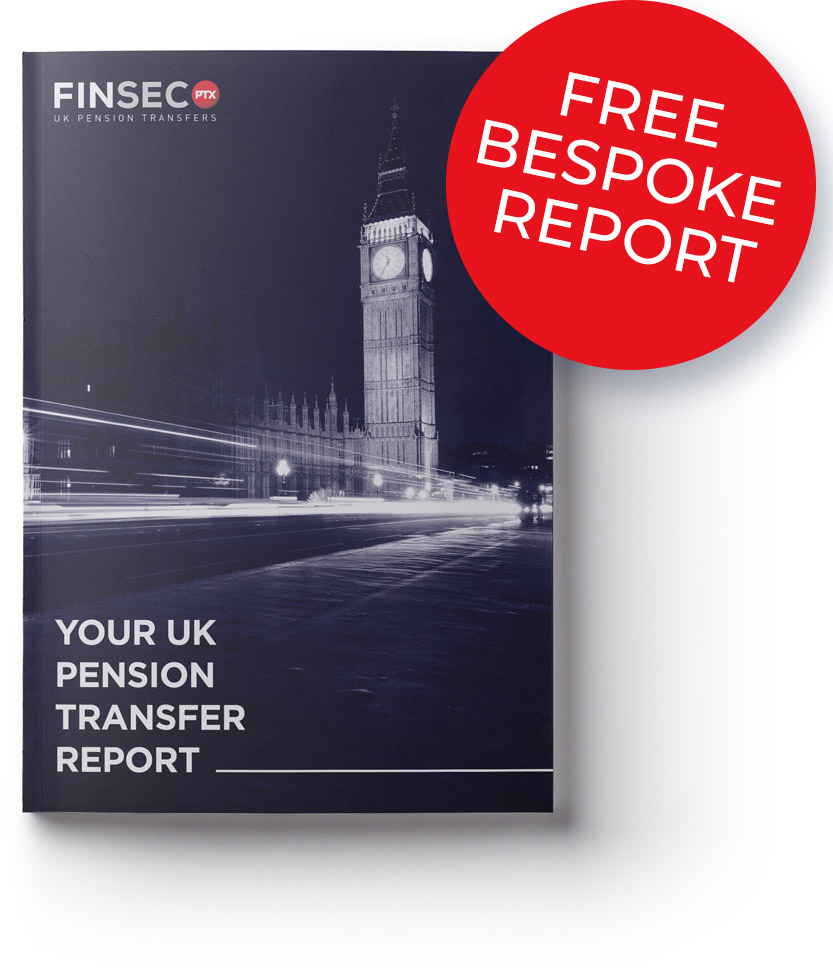Disclaimer
Information provided on this website is general in nature and does not constitute financial advice. Every effort has been made to ensure that the information provided is accurate. Individuals must not rely on this information to make a financial or investment decision. Before making any decision, we recommend you consult a financial adviser to take into account your particular investment objectives, financial situation and individual needs.
The lifetime limit on tax-free pensions savings to be abolished as announced in UK Budget 15th March 2023

15th March 2023
The lifetime limit on tax-free pensions savings will be abolished, the chancellor has announced.
In addition, the annual tax-free pension allowance will rise to £60,000.
The changes are part of the government’s plan to get older people back into work, but most people are unlikely to benefit.
What are the pension lifetime allowance and annual pension allowance?
Pension lifetime allowance
This is the maximum amount of pension savings an individual can build up over their career without having to pay an additional charge. The current £1,073,100 limit was due to last until 2026.
There had been speculation it would be increased to £1.8m. However, in the Budget, Chancellor Jeremy Hunt said the allowance will be scrapped altogether. According to the Treasury, the charge will be removed from 6 April 2023 before the allowance is fully abolished from April 2024.
The current allowance applies to private pensions (defined benefit and defined contribution). The state pension – a government payment – is not affected.
However, relatively few people are likely to benefit from the changes. Analysis by financial firm LCP suggests about 1.3 million workers are on course to breach the cap – less than 4% of workers.
Annual pension allowance
The annual allowance is the maximum amount of money an individual can pay into their pension each tax year without penalty. It is £40,000 for the year ending 31 March.
During his Budget speech, Mr Hunt announced a 50% increase to the allowance – to £60,000 a year. The change comes into force from 6 April.
Like the lifetime allowance, the annual allowance only applies to private pensions. If someone goes over the allowance, additional charges may apply.
Why is the government considering changing pension saving rules?
Both allowances have been cut since 2010, raising about £8bn of extra taxes for the government according to the Institute for Fiscal Studies (IFS).
However, the government is worried that the reduction has led to some highly-paid people – such as doctors – to retire early or reduce their hours.
Mr Hunt said the changes would “stop over 80% of NHS doctors from receiving a tax charge” and incentivise “our most experienced and productive workers to stay in work for longer”.
Abolishing the lifetime allowance is expected to cost the government about £800m a year from 2025-26, whereas the increase in the annual allowance will cost about £300m a year.
What is the state pension and how much is it increasing by?
Unlike a private pension, the state pension is a monthly payment made by the government to people who have reached the qualifying age and have paid enough national insurance contributions.
In November, the government confirmed that the state pension would go up by 10.1% – in line with September’s Consumer Prices Index (CPI) measure of inflation.
From April 2023 payments will be:
How is the state pension age changing?
The government says 12.4 million people currently receive the state pension.
Men and women born between 6 October, 1954 and 5 April, 1960 start receiving theirs at the age of 66.
But for people born after this date, the state pension age is gradually increasing to 67 by 2028 and 68 by 2046.
At a cost of £105bn, the state pension accounts for just under half the total amount the government spends on benefits.
What is the triple lock and how does it work?
Under the triple lock, the state pension increases each April in line with whichever of these three measures is highest:
- inflation, as measured by the Consumer Prices Index (CPI) in September of the previous year
- the average increase in wages across the UK
- or 2.5%
The triple lock was introduced by the Conservative/Liberal Democrat coalition government in 2010.
It was designed to ensure the value of the state pension was not overtaken by the increase in the cost of living or the working population’s income.
The triple lock was temporarily suspended after the pandemic distorted average wage figures, but it has since been restored.
What other financial help do pensioners get?
If they have no other source of income, those above retirement age may also be entitled to Pension Credit on top of the basic state pension.
Like the state pension, this benefit is also due to increase by 10.1% from April.
If you get Pension Credit, you may also be entitled to other financial support, including housing benefit, a reduction in council tax, or help with your heating costs through the Warm Home Discount Scheme.
People born before 26 September 1956 are also entitled to the annual Winter Fuel Payment.
Source: BBC News
